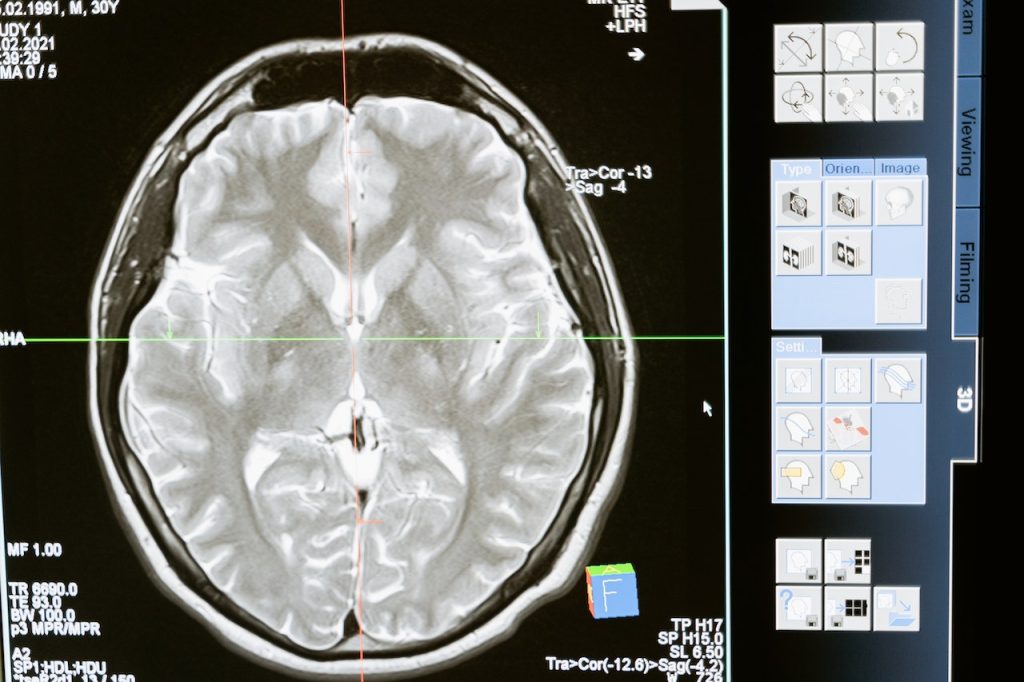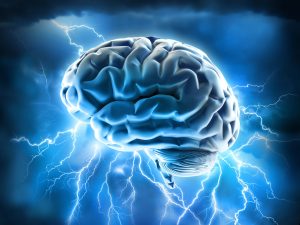Table of Contents
Bruce Willis Diagnosis: Hollywood legend Bruce Willis has been struck with a devastating blow, as his family confirms that he has been diagnosed with an untreatable form of dementia. This stunning revelation comes just months after the star’s retirement.

Bruce Willis is a star figure in the Hollywood industry and has entertained fans for over four decades. He is renowned for his remarkable acting in the Die Hard and Moonlighting series. The star announced his retirement in March 2022 due to difficulties in communication (cognitive disease aphasia).
Since then, he has been away from the limelight. On Thursday, Feb 16, his family announced that he had been diagnosed with frontotemporal dementia (FTD).
Family’s Statements: “Since we announced Bruce’s diagnosis of aphasia in spring 2022, Bruce’s condition has progressed, and we now have a more specific diagnosis (frontotemporal dementia)”.
“Unfortunately, challenges with communication are just one symptom of the disease Bruce faces. While this is painful, it is a relief to finally have a clear diagnosis”.
Let’s briefly discuss about this disease and its symptoms and treatment.
What is Frontotemporal Dementia (FTD)?

Frontotemporal dementia (FTD) is an untreatable type of dementia that affects the frontal and temporal lobes in the brain responsible for various functions. These lobes control a person’s movement, personality, behavior, communication, and decision-making capabilities. Over time, the disease can cause changes in the patient’s social communication, emotions, and daily interactions.
The disease can be challenging for the person and their loved ones, just like Bruce Willis. However, with proper care and observation, it is possible to manage the symptoms.
Symptoms of FTD
The sign and symptoms of FTD can vary according to the affected lobe of the brain. However, here are some symptoms that are common in both cases.
- Inability or Difficulty in Communication: The patient can have difficulty finding a way to communicate daily. It is followed by inability to speak.
- Overeating or Loss of Appetite: The person can experience change in eating habits, such as overeating or change of eating routine, etc.
- Inability to Realize Surroundings: The person may not be able to recognize his behavior or things happening in surroundings.
- Weakness or Muscle Spasms: A person with FTD can experience tremors, rigidity, poor balance, or difficulty to swallow food.
On average, people with FTD are mostly old (45 to 64 years). The average life expectancy stated by Association for Frontotemporal Degeneration is 7 to 13 years after the symptoms occur.
Treatment of FTD
As we discussed earlier, there is no known treatment for the disease. Still there are numerous ways to manage its symptoms. Doctors and experts recommend related steps, such as a nutritious diet routine, yoga, meditation, and proper sleep. Additionally, if a person with FTD remains engaged in brain stimulating activities, there is a lower chance of symptoms.
According to doctors, some antidepressant medicine can help reduce anxiety and handle obsessive-compulsive behaviors. Alternatively, some approaches can help against the condition. These includes behavioral therapy, speech and language therapy, supportive care, caregiver support, art therapy, music therapy, occupational therapy.
Conclusion
Bruce Willis’s family has shone a light on his battle with frontotemporal dementia. His condition is heartbreaking, but understanding the illness and being aware of available treatments may help to improve the lives of those who suffer from it. The courage displayed by the Willis family in shedding light on his condition serves as a testament to their resolve, strength and unconditional love for each other no matter what life throws at them.



